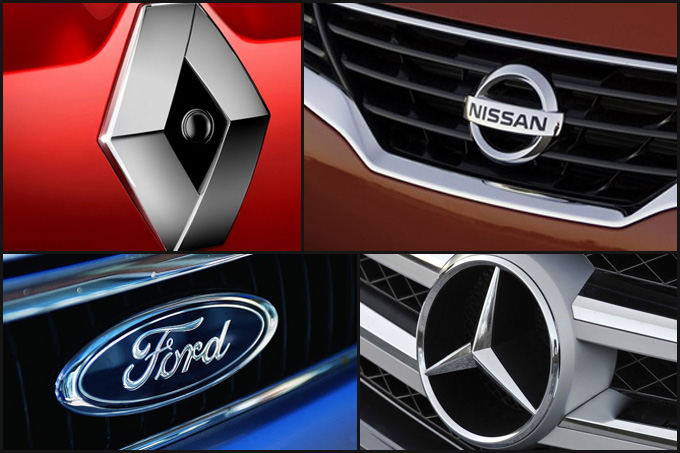Automotive goliaths Ford, Daimler and Nissan have announced an alliance for hydrogen fuel cell research, in a bid to build the next eco-friendly car. While hydrogen fuel cell technology in cars have been around for quite some time (the first hydrogen fuel cell vehicle was produced in 1966, while the first production hydrogen fuel cell car, the Honda FCX Clarity was launched in 2008), the main prohibitive factors from mass adoption were the costs involved with developing hydrogen fuel cells, in addition to providing stable storage for the hydrogen gas.
Each company will invest equally to develop a common fuel cell system. Under the alliance, the companies also hope to reduce the costs involved for R&D, especially since there are 60 years of combined experience building fuel cell vehicles among the three companies.
Hydrogen fuel cell cars remain one of the most viable concepts for an environmentally-friendly vehicle. Hydrogen fuel cell vehicles work by combining hydrogen and oxygen to produce electricity that powers the vehicle. In addition, hydrogen fuel cell vehicles produce heat and pure water as by-products, making them almost pollution-free. An initiative in California has seen the production of a “hydrogen highway“, featuring a chain of hydrogen fuelling stations instead of petrol stations.
(Source: Time)
(Image Credit: 15min.lt)
Follow us on Instagram, Facebook, Twitter or Telegram for more updates and breaking news.


